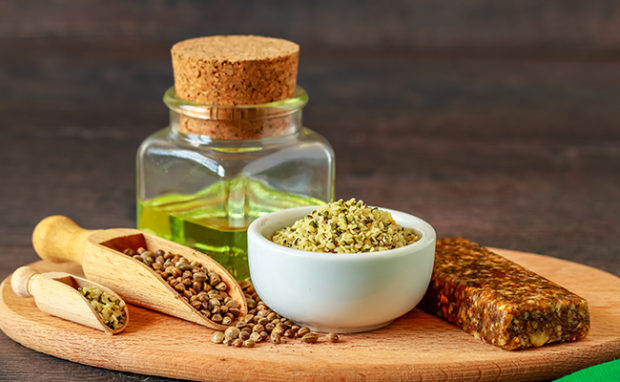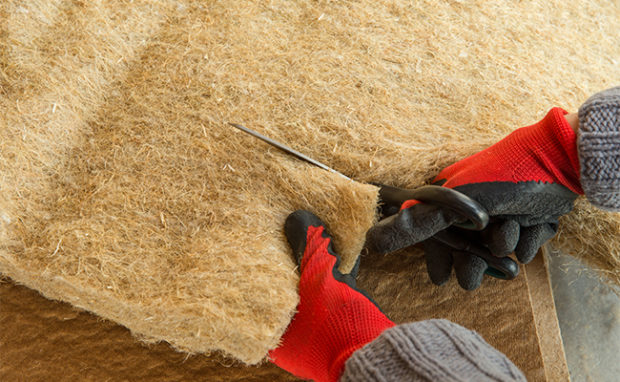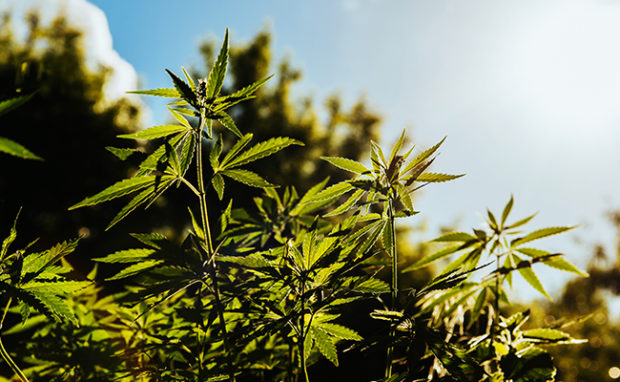Hemp Benefits: Things You Need to Know
Hemp is an extremely old plant that has assisted man for many generations. The uses of hemp are sprawling; much discussion has been held regarding hemp, and some even say that other industries have kept hemp “down,” due to its versatile uses and economic potential.
Hemp has been found in a ton ancient civilizations, and the uses are numerous; the plant is known to be a great substitute for fabric, paper, clothing, and even industrial materials. Hemp benefits can apply to everyone, and you will find out how Hemp can help you, a loved one, or even your pet in this review of hemp benefits.
Industrial hemp is closely related to the marijuana plant but differs in that it cannot be used to gather the psycho-affective drug, THC. True hemp contains less than 1% THC content, and it is for this reason that the legality of the substance has been debated for years on end. What is the point of making such a useful, versatile, and harmless material like hemp illegal?
Another surprising aspect of the hemp situation is that it is still utilized and manufactured for a variety of economic purposes in the United States. Total sales derived from hemp distribution in the US was listed as being over $500 million, all of which was produced from foreign countries, where the plant is legal. So, we still use the product nationally in America, but it is still illegal to grow and process?
The Controlled Substances Act of 1970 determined that all forms of cannabis are considered Schedule I drugs. This is absurd, but it is clear that the reputation of marijuana as a strong psychedelic substance deterred the government from approving it as a material with huge economic potential. As we approach the turn of the decade, we have seen a huge change in public opinion regarding marijuana and hemp.
Fortunately, the Farm Bill of 2018 granted American farmers the right to grow the profitable crop. While certain state restrictions apply to the cultivation and manufacturing of hemp, it is motivating to see that policy is moving in the right direction.
Hemp is renowned for its benefits. What’s even more important to consider is that hemp doesn’t just provide the raw material for a variety of industrial products, it also promotes a healthy environment and ecosystem by eliminating C02 from the atmosphere at an increased rate of efficiency. Hemp draws toxins out of the soil, promoting a healthy habitat for other crops or vegetation in the surrounding area.
The energy requirements of hemp are minimal. Marijuana and hemp have often been referred to as “weed,” which speaks to the nature of the plant. The plant grows extremely fast, in almost any set of conditions, and provides a bulk mass of the industrial products. Instead of using trees, which take far longer to grow, for industrial products like paper or fabric, hemp can be used as a sustainable alternative.
Continue reading to discover some of the emerging hemp benefits, ranging from medical, industrial, and even food-related purposes.
Hemp Food
The hemp seed oil serves as a food source and can be used during the preparation of a variety of culinary options. Hemp seed oil provides a good source of nutrition such as essential amino acids like omega-3s and omega-6s. They are often ground up for bread or baking purposes, but can also be cold pressed for use as an extraction. Even the leaves of the hemp plant can be consumed like a leafy vegetable; they go great in salads. The benefits of hemp, in one form, are the nutritional advantages available through consumption.
As mentioned earlier, hemp oil can be derived from the cold press process, which is full of nutrients and contains a high density of unsaturated fatty acids. It is interesting to note that in the early 2010s the hemp products being imported totaled to an amount worth around 12 million dollars. The majority of this revenue was created by the demand for hemp oil being used in food products as it has great health benefits like heart disease prevention by being rich in essential fatty acids.
Eating hemp is just one of the uses and benefits of the versatile plant, but is significant nonetheless.
Construction Material
That’s right, this versatile plant is even used to make affordable building supplies. A concrete-like material derived from the hemp fiber has been given the name, “hempcrete.” This material looks like a standard brick but is produced by combining hemp and lime. The material is extremely effective at insulating buildings and possesses a “breathable” quality to provide a comfortable environment inside the building. Other construction uses include:
- Hemp fiberboard (similar to plywood)
- Hemp thermal material (like you see in your attic)
- Hemp thermal insulation material (as described above)
- Hemp acoustic insulation (to enhance your audio environment)
Paper
Hemp serving as the paper is one of the most talked about benefits because most people can understand that using trees, which take significantly longer to grow and draw C02 out of the atmosphere, is counterproductive. Further, the hemp plant is a great promoter of the atmospheric balance.
Hemp paper is derived primarily from the pulp of the plant, which is formed in the fibrous stalk. Common papers produced from the hemp include:
- Specialty cigarette paper
- Bank paper
- Artisan paper
- Luxury notes
To top it off, the hemp plant naturally produces around 5 times more fiber than other wood sources. This fiber is not only physically longer, but also possesses a higher tear resistance and tensile strength.
Unfortunately, the cost to produce paper from hemp is more expensive than producing it from wood. Due to this challenge of profitability, seeing hemp in the marketplace for mass produced paper, like printing and writing paper, is unlikely in the near future.
However, at some point, we need to look beyond profitability and make business decisions in the best interest of our future.
Related Articles
Hemp Oil vs CBD Oil: Finally a Simple Breakdown
What Is Hemp Oil and the Benefits of Hemp? a Hemp vs Marijuana Comparison
TMYK: The Facts About CBD and Anxiety
Plastic and Building Materials
By mixing hemp with other materials, it is easy to derive a variety of useful composition products. Car manufacturers have begun to utilize hemp clothing and fibers for their automobile features to create durable but light-weight compounds. The Lotus Eco Elise and the Mercedes C-Class both contain hemp in the vehicle body. This leads us to the next topic, will help have the potential to serve as an alternative fuel source in the future?
Bio-fuels
“Hempoline” is the term being used to describe the alternative fuel sources made available from the hemp plant. As you can see, the list of benefits of hemp goes on and on. Bio-diesel can be derived from hemp oils, seeds, and the stalks. Additionally, by fermenting the plant material, alcohol fuel can be produced.
In 1982 Rudolf Diesel, the inventor of the diesel engine designed the machine with the intent of it being powered by a variety of fuel sources, including vegetable or seed derivatives. It has been shown that filtered hemp oil can be used to power diesel engines.
The list goes on, but these are a couple of the primary uses and benefits of hemp that are emerging on the global marketplace. As we continue to research the textile good, the uses and benefits of the versatile plant will continue to grow.
Published March 14, 2019; UPDATED May 20, 2019.





